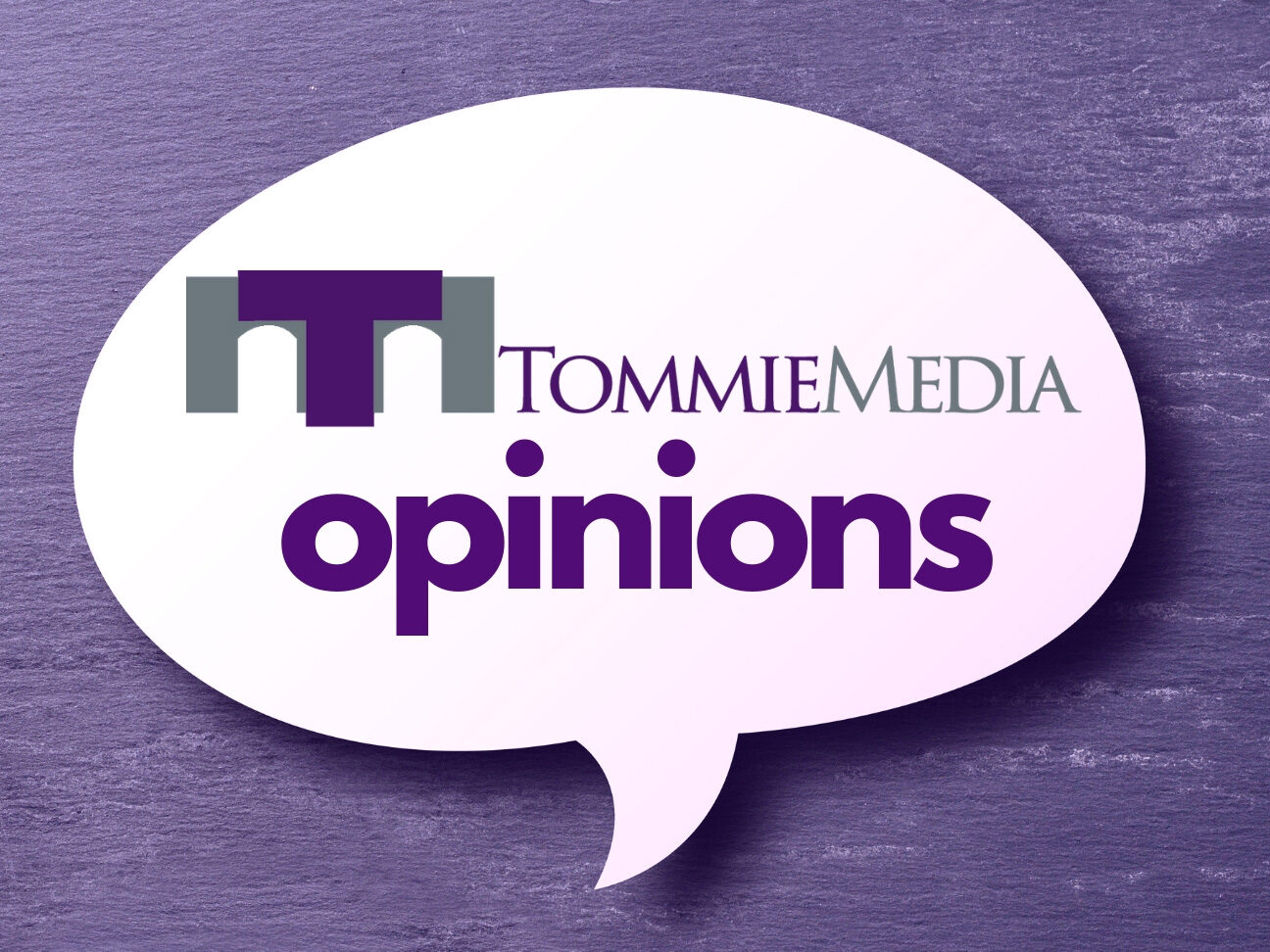The 2020 elections are coming, and the student vote is more important than ever before. Our generation is pursuing change in big ways, calling for action on climate change, immigrant rights, health care availability and the student loan crisis.
But some states are trying to suppress our voices.
The student turnout in the 2018 midterms was more than twice the rate of the 2014 midterms, but inconvenient voting processes have since hurt that higher number. When Wisconsin implemented a new voter ID law, the student turnout rate fell sharply.
The law requires signatures on student IDs in order to vote and that those IDs must expire within two years. Students with these IDs must also provide proof of enrollment before they could vote.
These restrictions hurt students because most college IDs today lack a signature and have four-year expiration dates.
Texas recently closed polling sites that are not open for the entire 12-day early-voting period. Nine sites, which accounted for 14,000 ballots from full-time students in 2018, will be closed, along with six campus polling places statewide.
In Iowa, the Senate File 575, which would prevent students at any of the three public universities from voting early on campus, has passed out of committee. Students would also have to indicate whether or not they plan to remain in Iowa post-graduation. If they do not plan to stay, the state will purge them from the voting rolls.
ID requirements have grown stricter within the last ten years and disproportionately harm students whose IDs are less likely to reflect their school address. Seven states do not accept student IDs at all, which particularly hurts out-of-state students.
Bill 667 in North Carolina would have prevented students registered to vote with their college address from claiming dependency on their parents’ tax returns. Luckily, the bill didn’t pass committee.
These barriers to the student vote are enacted in the name of protection from election fraud. However, there’s a significant lack of evidence of widespread fraud. In fact, Wisconsin, where the new voter ID law discouraged the student vote, has not had any cases of intentional student voter fraud.
This isn’t limited to these select states. Throughout the country, the student vote is being suppressed. These barriers are most prominent in battleground states where Republican control is fading.
The Institute of Politics at Harvard University’s Kennedy School of Government polled college students in 2018 and found 45% identified as Democrat, compared to 24% identifying as Republican.
The Republicans have a white-knuckle grasp on the power that they have, and to maintain their control, they feel pressured to undermine the Democratic student vote. This is especially relevant as more and more Republicans defect to the Democratic party. Of those identifying as moderate Republicans in 2018, 30% abandoned the right-wing party in the midterms.
Both parties have to accept that the other will win sometimes. That’s what democracy is. Party interference leads to voices going unheard, which undermines the nature of voting.
But each side is more concerned about wielding power than with working for the common good. It’s only more obvious in the Republican party right now because they’re the ones facing the potential loss of that control.
That’s also why Republicans refuse to condemn anything President Donald Trump says or does. If they react negatively, they risk splitting the party and losing to the Democratic vote. From gerrymandering to voter suppression, the extreme partisanship is chipping away at America’s founding ideals.
Our generation is a powerful voting constituency, otherwise our voice wouldn’t be under attack like it is.
For information on how to register in Minnesota, visit the secretary of state’s website here.
Kayla Mayer can be reached at maye8518@stthomas.edu.



A. It’s incredibly narcissistic and irresponsible to think and propagate the ideas that these laws are meant to suppress student votes without any shred of evidence. If you are not a current resident of the state you go to school in, you should, by all logic be voting in the state to which you are a resident by means of an absentee ballot. Just because it might take you a few minutes to call someone or go online through your local elections department, this in no way means you are being suppressed. You are in college, you’re an adult, act like one.
B. ID requirements in general are not voter suppression. Getting a state issued ID may force you to jump through a few hoops, but so what? Once again, it’s time for you to start acting like an adult and thinking ahead. Other people are not responsible to take you by the hand and make everything happen for you.
C. Is your voice really under attack? Has the gestapo kicked in your doors and dragged you off to a camp for political prisoners? People disagreeing with you is not an attack on your free speech. Me posting here that your ignorance of your rights and of history is not an attack on your free speech. You are literally yelling at the wind. If you are really concerned about making sure people have a voice, go see No Safe Spaces and check back in with me about how you’ve been silenced or whatever. You haven’t a clue what you are talking about.